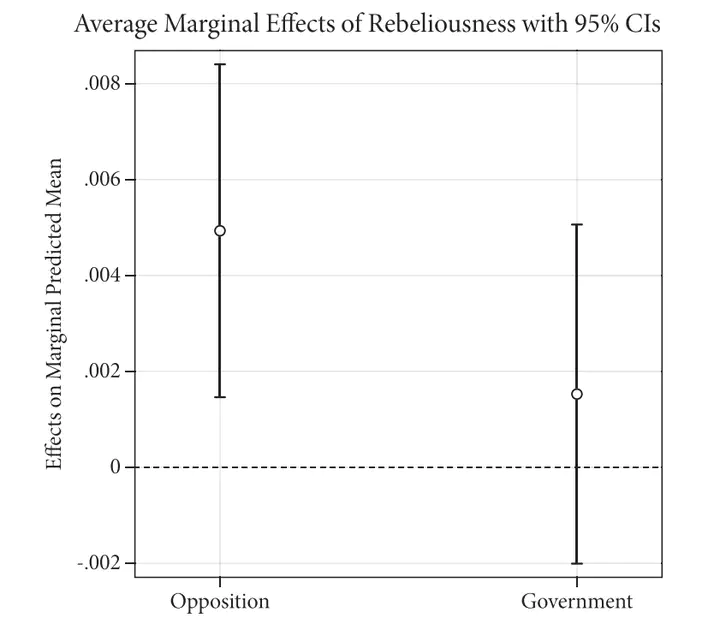
Abstract
Legislative committees usually combine legislative and oversight functions. Most research has focused on the former. The British House of Commons offers an opportunity to shed light on MPs’ motivations to engage in the neglected oversight aspects of committee work, because its committee system separates lawmaking from investigatory functions. In this article, we examine the politics of assignment to the investigatory select committees. Using an original data set for the 2005–10 and 2010–15 Parliaments, we find that MPs’ long‐standing policy interests are a strong and consistent predictor for select‐committee assignments, especially when committees’ desirability increases. Our results are largely incompatible with partisan models predicting party loyalty to be a decisive factor in select‐committee assignments. Evidence suggests that the “Wright reforms” have consolidated the self‐selection mechanism operating in committee assignments. Against expectations of partisan motivations driving committee assignments, our evidence suggests that models based on informational concerns offer the most convincing rationale.